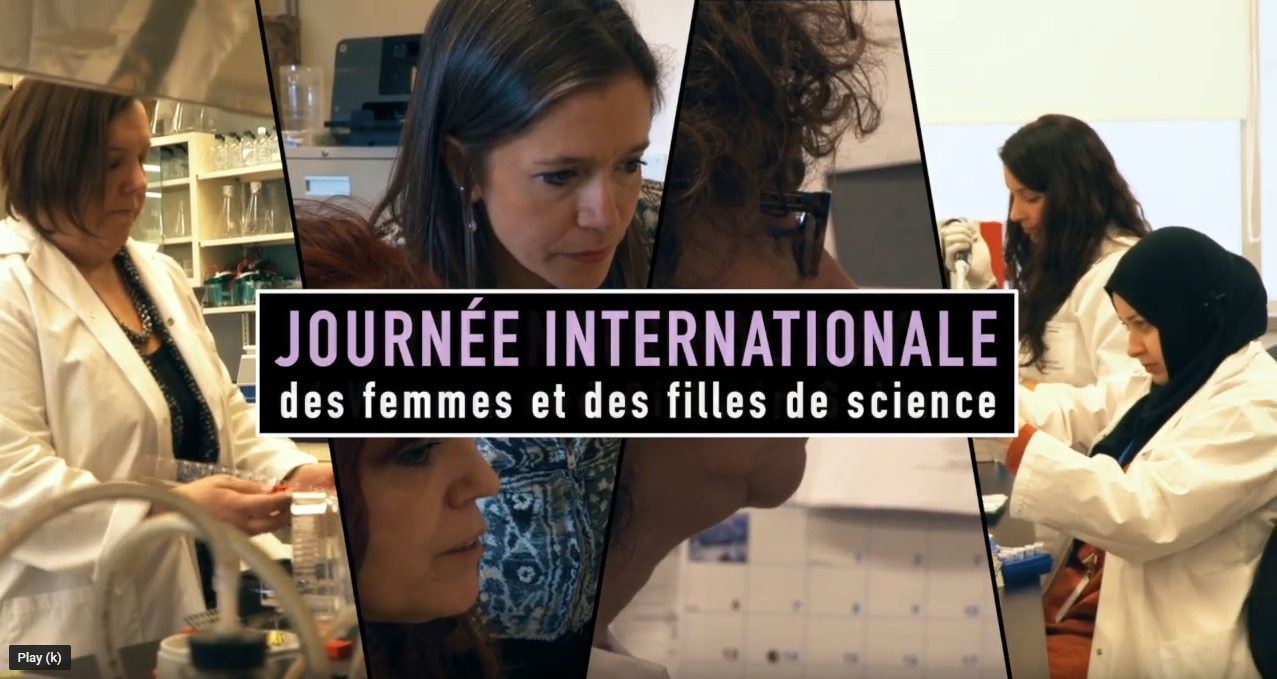You have an Unusual Site DVT (USDVT)
Background:
Blood clots (Thrombosis) most commonly occur in the veins of the lower legs and pelvis (Deep Vein Thrombosis or DVT) and in the pulmonary artery of the lungs (Pulmonary Embolism or PE). However, thrombosis can also, and rarely occur in the veins of other organs.
Some examples of USDVT’s are; thrombosis in the veins of the brain -Cerebral Vein Thrombosis, the eye-Retinal Vein Thrombosis(RVO), the liver- Portal Vein Thrombosis( PVT)the spleen- Splenic Vein Thrombosis(SVT), the kidney- Renal Vein Thrombosis(RVT) etc.
Signs and Symptoms:
The signs and symptoms of an USDVT is dependent on the organ affected, some examples are:
- Blurred vision
- Loss of vision
- Abdominal pain
- Back pain
- Blood in your urine
- Persistent headache
- Jaundice
- Vomiting
Diagnosis:
The diagnosis is most frequently made by CT scan, done either because the patient is having signs and symptoms of USDVT or can be diagnosed incidentally, (by chance) during an investigation for other conditions, without having any symptoms of USDVT
Treatment:
In most cases, the treatment for USDVT is with blood thinners (anticoagulants), except when there is a clot in the retina of the eye, or if there are circumstances that contraindicate the treatment with anticoagulation. The duration of treatment depends on the reason for the thrombosis but generally anticoagulants are given for a period between 3-6 months. To note in some cases, treatment can be indefinite.




